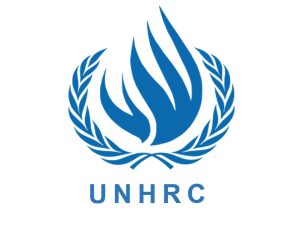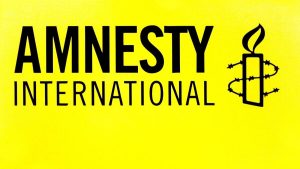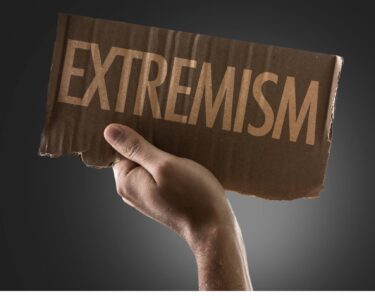In a move that has sparked concerns over human rights and freedom of expression, Sri Lanka’s Parliament passed the Online Safety Act on January 24, drawing criticism from activists, civil society members, and the UN Office of the High Commissioner on Human Rights (OHCHR). The legislation grants extensive powers to the newly established ‘Online Safety Commission,’ allowing it to determine and declare ‘prohibited statements’ and recommend their removal, with penalties for offenders. The act has been labelled as draconian, with critics asserting that it may stifle dissent and curtail freedom of expression.

Thyagi Ruwanpathirana, Regional Researcher for South Asia at Amnesty International, condemned the passage of the act, describing it as a “major blow to human rights in Sri Lanka.” He highlighted the overbroad provisions and vaguely worded offenses, such as ‘prohibited statements,’ as determined by the powerful Online Safety Commission. The act’s potential misuse during Sri Lanka’s economic crisis and austerity measures, creating an environment for authorities to suppress dissent, has raised alarm among human rights advocates.
The legislation has faced criticism for exempting licensed finance entities from regulatory oversight, raising concerns about the government’s ability to undermine freedom of expression and privacy online. The Online Safety Commission’s authority to decide on what constitutes ‘prohibited statements’ and its power to recommend content removal and internet access restrictions have further fuelled apprehensions about potential misuse.

The Asia Internet Coalition, representing tech giants like Google, Apple, and Meta, denounced the bill as a “draconian system to stifle dissent” and warned of its potential impact on Sri Lanka’s digital economy. The UN experts echoed these concerns, stating that the law “could potentially criminalize nearly all forms of legitimate expression.”
The legislative push comes amid broader repressive measures, including a new broadcasting law and a counterterrorism law granting extensive powers to the police and military. Critics argue that these laws could be exploited to suppress dissenting voices and limit judicial oversight.
In response to the criticism, the government has defended the act, emphasizing its aim to address online harassment, abuse, and fraud. However, opposition Parliamentarian r M.A. said that the government’s majority does not justify bypassing established procedures and called for the withdrawal of the bill.
The passage of the Online Safety Act reflects broader concerns about Sri Lanka’s commitment to human rights, freedom of expression, and democratic values. As the country grapples with economic challenges and political unrest, the controversial legislation adds to the growing unease surrounding the government’s approach to governance and civil liberties.







